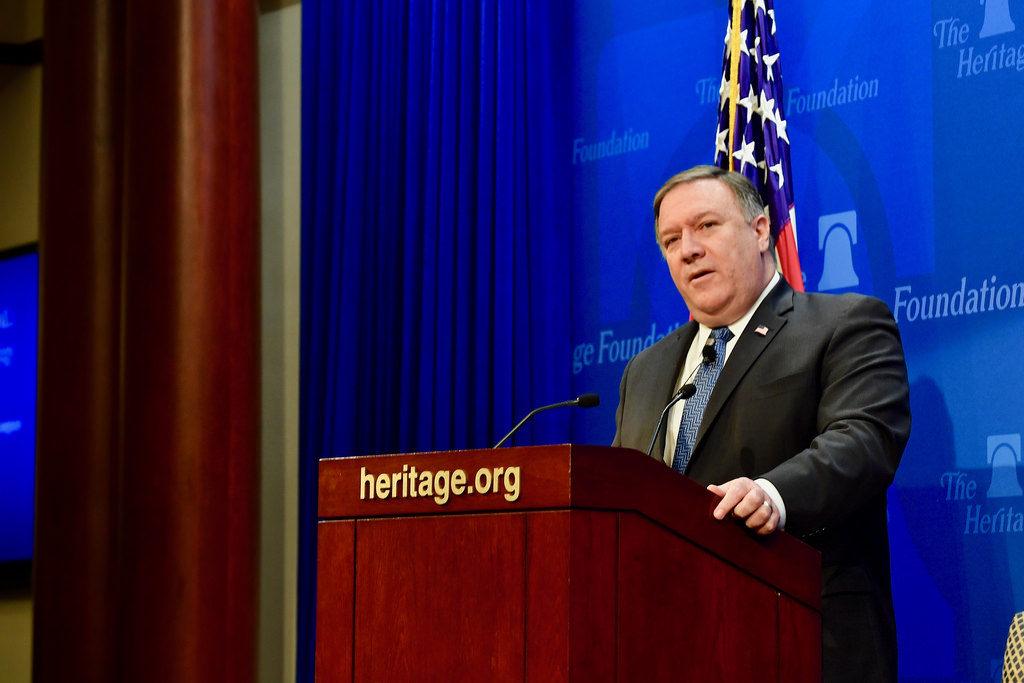U.S. Withdrawal from the JCPOA

President Trump announced the withdrawal of the United States from the Joint Comprehensive Plan of Action (“JCPOA”), commonly known as the “Iran Deal”, on May 8, 2018. The United States, Germany, UK, China, and Russia collectively signed the JCPOA in an effort to regulate Iran’s nuclear program in exchange for the removal of multilateral economic and trade sanctions.
The signing of the JCPOA meant more than an influx of Persian carpets and pistachios. The sanctions, that were waived and are now being reimposed, prohibit entities from engaging in a wide range of transactions. The JCPOA instructed OFAC to provide exemptions or general licenses to the prohibition of U.S. persons doing business with Iran with a favorable licensing policy for the sale of commercial passenger aircraft, the importation of Iranian-origin carpets and foodstuffs to the U.S. and the sale of non-U.S. goods and services by U.S.-person owned foreign subsidiaries.
With the U.S. withdrawal from the JCPOA, these three exceptions are soon to be obsolete. The President’s National Security Presidential Memorandum (“NSPM”) directs the Secretaries of State and Treasury to prepare for the immediate re-imposition of all U.S sanctions lifted or waived in connection with the JCPOA and to accomplish this as expeditiously as possible, no later than 180 days from the issuance date of the NSPM.
Depending on the type of transaction, companies now have either a 90 or 180-day window starting May 8th, 2018 to wind-down their business activities with Iran. Companies are advised to use the legal mechanisms in their contracts with Iranian entities to cease business activity during their respective wind-down period. The wind-down obligations, however, do not apply to various exemptions to trade sanctions on Iran in place prior to and after the JCPOA, such as trade with Iran on medical, agricultural, and humanitarian goods and associated services.
New business related to Iran will not be authorized during the wind-down periods. OFAC warns that it will assess whether any new business was entered into involving Iran during the applicable wind-down period when considering a potential enforcement or sanction action regarding activities after the conclusion of the wind-down periods.
European and Asian companies that have initiated substantial investments in Iran, however, may be reluctant to cease all business with Iran. Although they risk losing access to the U.S. financial system, a rather significant consequence on its own, European and Asian countries are not reimposing sanctions on Iran. Aside from the U.S., the original signatories to the Iran Deal are making efforts to ensure the deal stays intact in spite of U.S. withdrawal.
Rather than ignoring the reimposition of U.S. sanctions, large European companies like Airbus and Total are seeking specific waivers from OFAC. Given the new policy with regards to Iran, the U.S. government may only provide waivers to continue a wind-down or decrease in business activity rather than continuing or expanding business with Iran. Smaller European companies with limited ties to the U.S. economy may decide against spending time and resources pursuing such waivers and may continue to trade with Iran while incurring secondary sanction liability.
The EU is considering implementing blocking statute against U.S. sanctions on Iran to protect European companies from the effects of secondary sanctions by the U.S. The blocking statute may bar European companies from complying with the reimposed U.S. sanctions, and penalize such companies if they do comply. Nonetheless, a blocking statute could be difficult to enforce due to the international banking system’s intertwined relationship with the U.S. financial sector. Additionally, many companies fear not complying with U.S. sanctions due to the risk of being banned from the U.S. economy, fined, and designated.
Speaking to an OFAC Lawyer on the implications of the U.S. withdrawal from the JCPOA on proposed or ongoing trade with Iran is extremely vital to understand the risks involved in the wind-down period and post-JCPOA era. Additionally, it is important to understand what kind of activity continues to be exempt from the sanction regime on Iran and the requirements of abiding by the terms of those exemptions or general licenses.
Disclaimer: Blog posts should not be relied upon as legal advice and are only provided for informational purposes. Information contained in blog posts may also become outdated with the passage of time as laws change and US foreign policy and national security objectives evolve.

